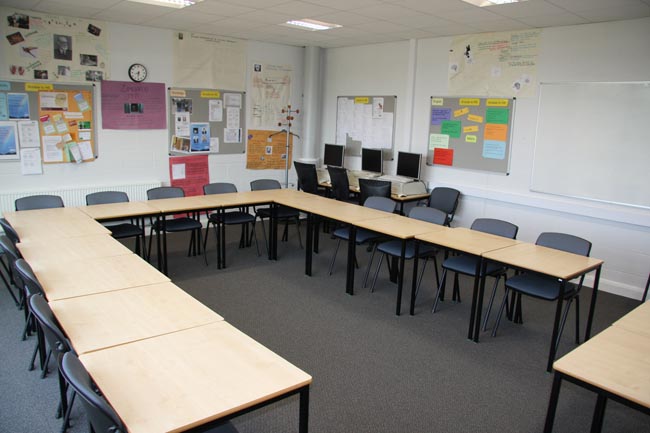“One Tribe, One Family:” A phrase we hear and see all over our campus and online, both in times of celebration and sorrow. We have especially felt it reverberate this year following several tragic events that have made us all question what it means to be part of this family.
To me, family means learning about and accepting each other, including those with whom we are not that close. With graduation looming, I’ve been reflecting on my past four years here. I feel that I have gained the most knowledge about myself and others through conversations with individuals outside of my normal network of friends and classmates.
From these conversations, I have realized my blindness to the social complexities on our campus. I didn’t understand the many struggles that students face here, be it because of race, sexuality, religion, family history or a multitude of other aspects of identity. I didn’t know that students here felt marginalized, unsafe and undervalued by people who were supposed to be part of their family.
Inspired by an idea from Anna Barlowe ’16 and supported by Hannah Kohn ’15’s invaluable guidance, Danny O’Dea ’18’s dedication and Dean Marjorie Thomas’ support, we have been working to find a way to build understanding with a deeper, more honest exchange: a different type of conversation.
Incoming freshmen would be placed in groups of about five peers. For their first two years, students would meet three times per semester to have an informal discussion about campus culture and prevalent topics. Each session would have a guiding theme such as a specific issue about diversity or health — including the racial climate, sexual violence or mental health, to name a few topics challenging our campus. After going through this program, rising juniors would then have the opportunity to apply to become facilitators for an incoming group of students.
Our vision is that this mandatory program would give underclassmen the chance to exchange their perspectives and experiences over a sustained period of time after the essential First Year Initiatives. Long-term dialogue programs are highly effective in building relationships and fostering community-based solutions. These would also engage students who might, intentionally or not, be contributing to systems of oppression or marginalization. Our aim is to create a space outside of our normal friend groups and organizations to recognize our own implicit biases and how we affect others.
We are confident that this program would help make the College a more open, accepting and supportive family. Now, we want to hear from you! Please reach out to Danny (djodea@email.wm.edu) or Anna (atbarlowe@email.wm.edu) with your thoughts to help develop and implement this new conversation program.
This column was co-written with Hannah Kohn. Email Thomas Obermeier at tmobermeier@email.wm.edu and Hannah Kohn at hskohn@email.wm.edu.

